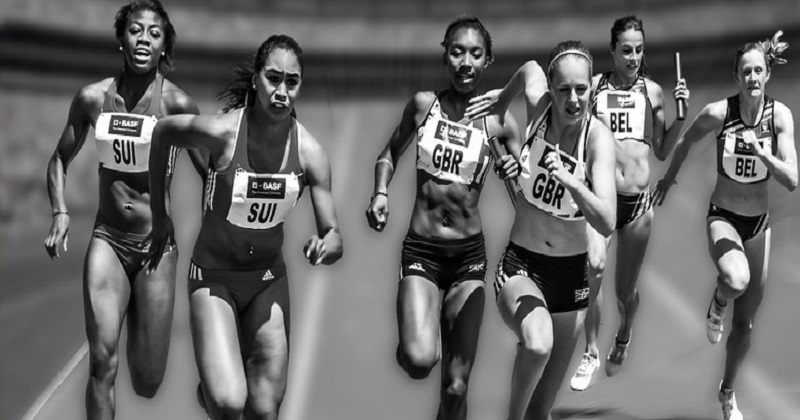
Lia Thomas won the gold medal in the 500-yard freestyle event at the US collegiate championships. Her historic achievement prompted massive reactions on social media. It was perhaps one of the happiest moments of her swimming career, but she was far from relishing it.
Thomas was the first transgender athlete to win a top-tier title in the National Collegiate Athletic Association (NCAA) in the United States, but her achievement was overshadowed by a heated debate over-inclusiveness and fairness. Thomas is far from the only transgender athlete to dominate her sport in recent years. Weightlifter Laurel Hubbard of New Zealand, Thomas, and British cyclist Emily Bridges are examples of trans athletes who have succeeded in their respective sports and won medals across the board. The question is straightforward yet sophisticated: do they have an unfair advantage while competing in women’s competitions?
The controversy over whether transgender athletes should be allowed to compete in female sports has just been reignited with the emergence of players such as Katie Hubbard and Desiree Thomas. There is scientific data that shows that even with testosterone levels reduced and hormone therapy, male-to-female transgender athletes maintain physical advantages in their bodies, making it unfair for other women participating in their particular sports.
Boys’ bodies undergo a significant transition at the age of 13-14, resulting in changes in their heart, lungs, and skeletal shape. These characteristics all have a role in athletic performance, and even when testosterone is removed from the body, certain biological disparities remain in trans athletes who have transitioned from male to female. Despite the scientific evidence, FINA’s decision to prevent transgender athletes from competing in top women’s events was received with widespread outrage.
INA President Husain Al-Musallam announced the decision, saying it was a first for any global sports body. FINA also intends to create a separate ‘Open’ category for trans athletes to guarantee they have a fair chance to compete in all elite events. ‘By establishing an open category, everyone will have the opportunity to compete at an elite level, therefore FINA will have to lead the way,’ he said.
Concerns persist regarding transgender athletes beating traditional female opponents in aerobic and anaerobic abilities, physique, stamina, and overall strength. As a consequence, many people praised FINA’s move to restrict transgender persons from female events and establish a separate category for them. But it remains to be seen whether other global sporting organisations will follow in their footsteps and make the difficult choices and hard decisions required to preserve the delicate balance between unfair advantage and diversity in sports when it comes to gender identity.

Post Your Comments